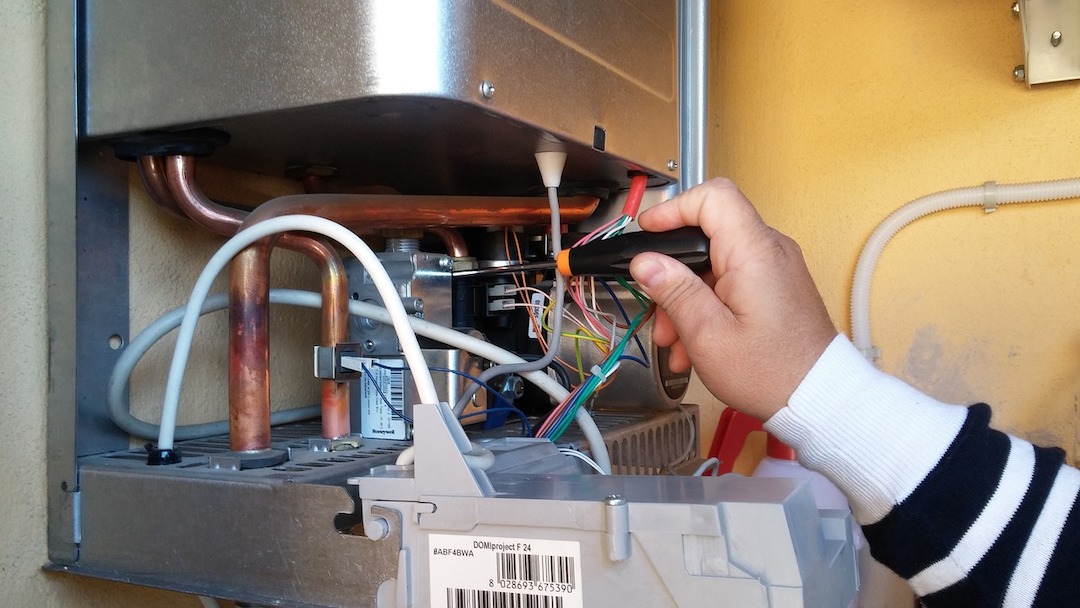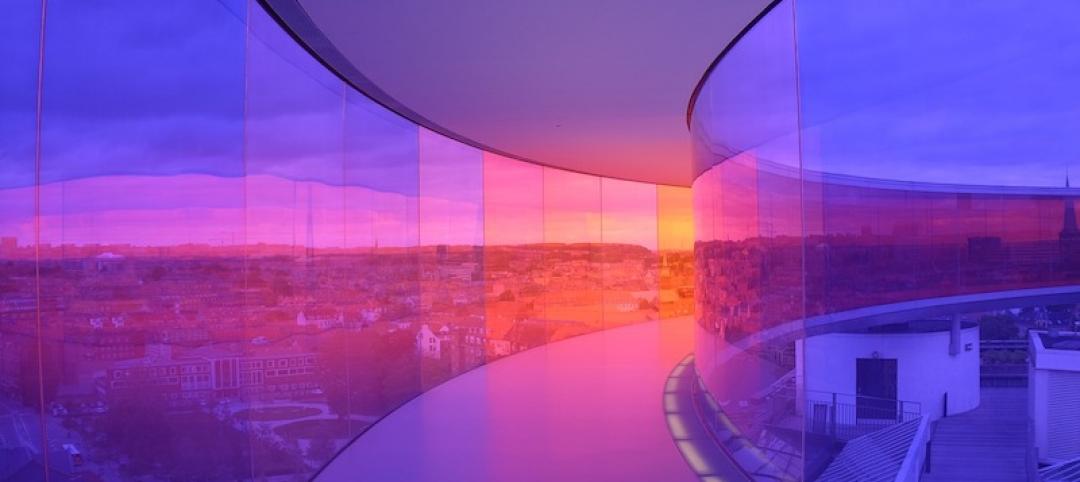Efficient electric hot water heating technologies significantly reduce the carbon emissions of multifamily buildings, according to a report by the American Council for an Energy-Efficient Economy (ACEEE) and New Buildings Institute (NBI).
In multifamily buildings with five or more units, water heating uses more energy than space heating, cooling, or lighting, the report says. Converting gas-fired water heaters to advanced technology—electric heat pump water heaters (HPWHs)—would cut greenhouse gas emissions from water heating by an average of 58%.
If HPWHs are powered entirely by clean sources, they cause zero emissions, making them a critical tool for decarbonizing the economy. Efficient electric water heaters carry a higher upfront cost over gas models, so policymakers would have to provide incentives to owners to make the conversion, the report says.
“Many utilities offer incentives for building or unit owners to install in-unit heat pump hot water heaters,” an ACEEE/NBI news release says. “Yet few programs are designed specifically for multifamily buildings, which offer unique challenges.”
Related Stories
Codes and Standards | Aug 11, 2021
Decentralized approach to codes means emissions reduction responsibility falls on local officials
Efficiency advocates focusing more on local code amendments.
Codes and Standards | Aug 10, 2021
Dept. of Energy issues model energy code determinations for commercial, residential buildings
2021 IECC offers 9.4% site energy savings.
Digital Twin | Aug 9, 2021
Digital Twin Maturity white paper offers guidance on digital twin adoption
Provides lifecycle map and an approach for incorporating digital twins.
Codes and Standards | Aug 5, 2021
Contractors can be liable for building failures many years after project completion
Personal injury suits could be brought decades after substantial completion.
Codes and Standards | Aug 4, 2021
Mass timber is a natural choice for building recycling through deconstruction
Designing wood buildings to optimize recovery of materials for disassembly aids carbon sequestration.
Codes and Standards | Aug 3, 2021
Dept. of Energy releases initial version of the Spawn of EnergyPlus software
Targets new use cases in advanced controls, district systems, and grid integration.
Codes and Standards | Aug 2, 2021
Several U.S. cities among most expensive places to build in the world
San Francisco, New York, and Boston head the domestic list.
Codes and Standards | Jul 28, 2021
American Concrete Institute creates new director of innovative concrete technology post
Aim is to attract emerging technologies for development.
Codes and Standards | Jul 28, 2021
Higher ed faces infrastructure backlog of $112.3 billion
Study recommends integrated strategic planning for best results.
Codes and Standards | Jul 27, 2021
Add a wobbly moon to flooding risk factors
Earth satellite’s orbit variations will lead to sunny-day flooding in the mid-2030s.

















